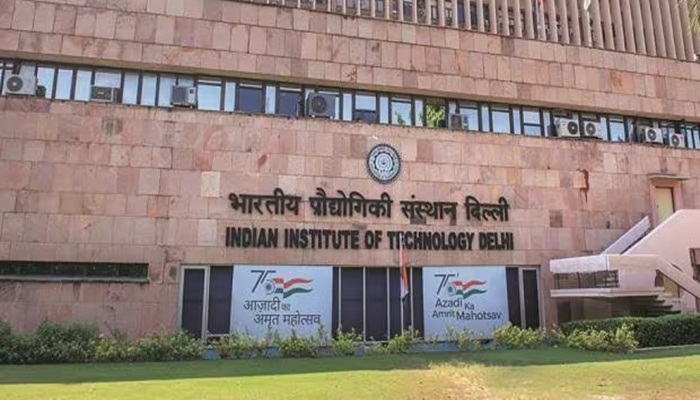The Supreme Court has said a contract is a contract which is legally binding agreement among with the parties and an employment contract can’t be distinguished on specious ground that a mighty lion (employer) and a timid rabbit (employee) are the contracting parties here.
A bench of Justices Dipankar Datta and Manmohan said contracts should be treated equally, without bias or distinction, regardless of the parties involved or their inter se strengths.
“To make a distinction for employment contracts would violate the principle of equality, in the sense that rights and liabilities would not be dependent on the parties’ status, power or influence,” the bench said in its judgment on April 8, 2025.
The court pointed out the fact that one party is more powerful or influential (the mighty lion) and the other more vulnerable (the timid rabbit) does not justify making exceptions or distinctions in the application of contractual principles.
“Law treats all contracts with equal respect and unless a contract is proved to suffer from any of the vitiating factors, the terms and conditions have to be enforced regardless of the relative strengths and weakness of the parties,” the bench said.
The matter related to two employees Rakesh Kumar Verma and Deepti Bhatia who sought invoke jurisdiction of courts in Patna and Delhi respectively against their termination from HDFC Bank, even though their employment contract made a specific clause that all such disputes would fall within exclusive jurisdiction of Mumbai court.
The employees contended that in an unequal battle between the mighty lion (employer) and the timid rabbit (employee), where the dice is heavily loaded from the inception against the employee, no further embargo ought to be placed in his/her pursuit for justice by pinning him/her down to the courts in the city (Mumbai) mentioned in the appointment letter/employment agreement.
Rejecting their plea, the court, however, said like any other contract, even in an employment contract, a concluded contract presupposes the existence of at least two parties with mutual rights and obligations.
“Nowadays, the private sector employs individuals pan-India for providing services to reach people in the last mile. Therefore, it may not be possible for all employers in the private sector to contest suits at far-off places from the registered office. This seems to be the overwhelming reason why exclusion clauses are inserted,” the bench said.
Having accepted the terms and conditions of the appointment letter/employment agreement and acted upon its terms by joining their respective posts, the employees could not have possibly avoided the contract on a second thought that a term contained therein may not be beneficial for them at a subsequent stage.
The court pointed out that unequal bargaining power is not unique to contracts of personal service. In many areas, such as business, commerce, or real estate, contracts may involve parties with dissimilar levels of strength, resources or negotiating power.
It gave instances where big builders sub-contract a part of the development work entrusted to them to sub-contractors.
“Such contracts too involve the mighty lion and, though not a timid rabbit, but a weak lamb. Based on the status of the parties, the latter cannot escape from the consequences if the former seeks to enforce a condition in the contract which the latter perceives is oppressive or the latter, refusing to perform any of its obligations considering it as onerous faces a law suit for breach of contract,” the bench said.






















